Farm & Ranch
Grass-fed beef conference scheduled May 28-29 in College Station
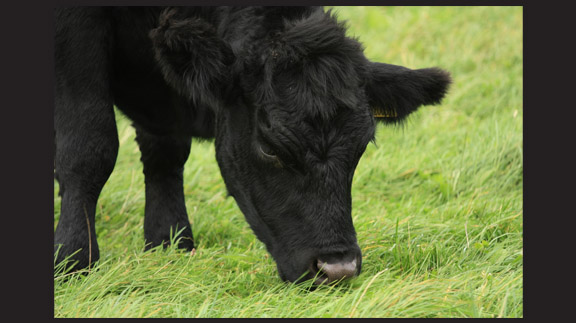
By: Blair Fannin
Writer: Blair Fannin, 979-845-2259, [email protected]
Contact: Dr. Rick Machen, 830-278-9151, [email protected]
COLLEGE STATION – With consumer interest heightening about where food comes from, grass-fed beef producers will have the opportunity to learn more about marketing opportunities and production trends during a May 28-29 conference in College Station.
Dr. Rick Machen, Texas A&M AgriLife Extension Service beef cattle specialist in Uvalde, said producers can learn about all aspects of grass-fed beef production techniques at the conference, which will be held at the Rosenthal Meat Science Building on the Texas A&M University campus.
“One of the highlights will be Dr. Monte Rouquette, Texas A&M AgriLife Research forage agronomist from Overton,” Machen said. “Monte has clearly demonstrated how to produce forage-finished beef in East Texas. He’s among the best forage agronomists in the southern U.S. and has years of experience.”
Given the ongoing drought across much of the South Central U.S., sustainable forage production is atop everyone’s items of interest list, Machen said.
“As always, a significant emphasis in this year’s conference will be the importance of a sustainable forage supply in both quantity and quality, perhaps the most difficult part of a grass-fed beef production system.”
The conference will cover a broad range of important topics pertaining to grass-fed beef production and is open to both beef producers and consumers.
The following topics will be discussed: overview of the beef industry; defining natural, grass-fed and organic beef; forage-growing fundamentals; cattle types suited for grass-fed beef; forage-based nutrition for cattle; preventive herd health; handling cattle for wholesome beef; carcass fabrication; consumers and their expectations; marketing a unique product; and economics and sustainability.
A live carcass fabrication demonstration will be a second day highlight.
The cost is $250 through May 15 and $300 after.
To register online, visit https://agriliferegister.tamu.edu/ and enter keyword “grassfed” or call 979-845-2604. The conference is sponsored by AgriLife Extension with funding from Sustainable Agriculture Research and Education, which provides grants and education programs to advance agricultural innovation (http://www.sare.org/) .
-30-
Farm & Ranch
Managing Show Cattle Through The Winter

By Heather Welper
Husband and wife duo, Heather and Calvin Welper, are the Co-Owners and Operators or Two C Livestock, located in Valley View, Texas.
The pair’s operation has a show cattle focus where they raise and sell purebred heifers of all breeds and club calf Hereford steers.
When it comes to show cattle, the Welpers know a thing or two including how to prepare for the cold winter months and the Texas major show season run.
To read more, pick up a copy of the November edition of North Texas Farm & Ranch magazine, available digitally and in print. To subscribe by mail, call 940-872-5922.
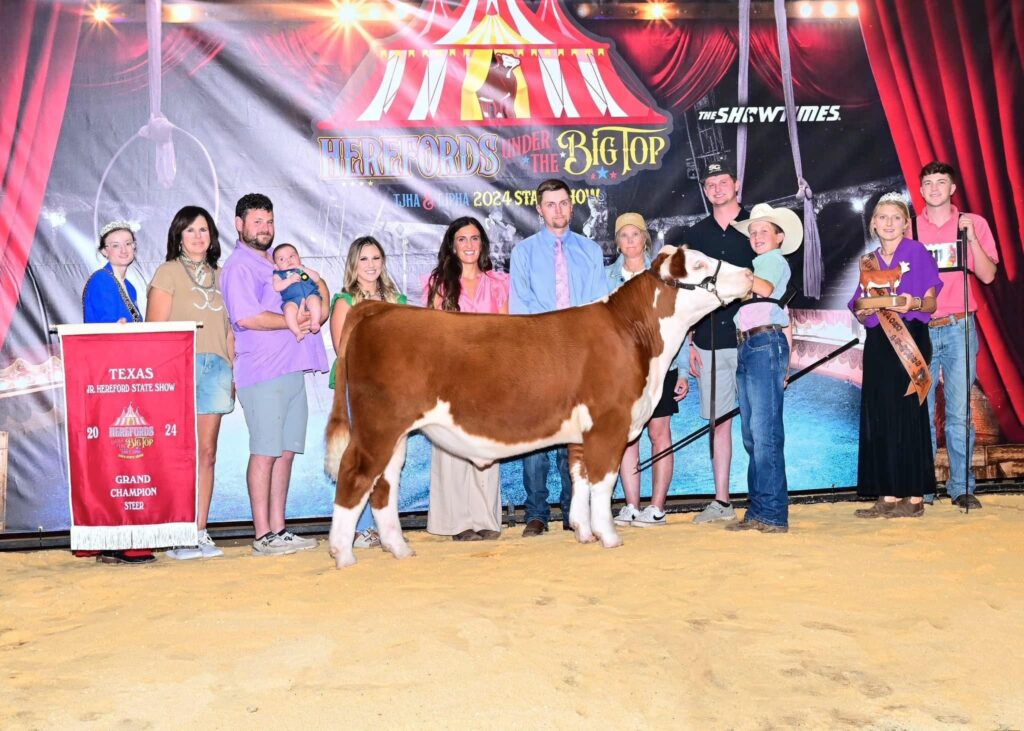
Farm & Ranch
Double M Ranch & Rescue

By Hannah Claxton, Editor
As the sun rises each day, so do the dozens of mouths that Meghan McGovern is responsible for getting fed. Rather than the sounds of a rooster crowing, McGovern hears the bellows and bleats of a variety of exotic deer, the chortle of kangaroos, the grunts of water buffaloes, and the chirps of a lemur.
Nestled against the banks of the Red River, the Double M Ranch and Rescue, with its high game fences and deer sprinkling the landscape,s its in stark contrast to the surrounding ranches.
“Having deer is kind of like eating potato chips- you can never actually have just one,” said McGovern with a laugh.
McGovern has several herds to take care of- fallow deer, axis deer, water buffalo, goats, and bison. In smaller numbers, there’s also a few kangaroos, a lemur, a potbelly pig, a pair of zebras, a watusi, and a few horses.
To read more, pick up a copy of the November edition of North Texas Farm & Ranch magazine, available digitally and in print. To subscribe by mail, call 940-872-5922.
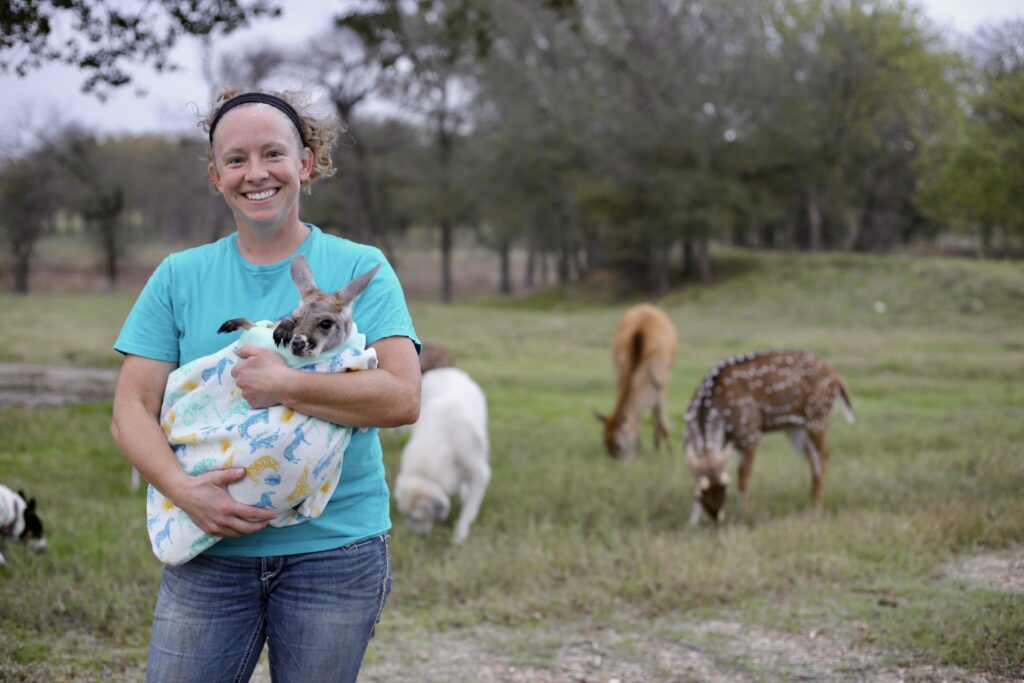
Farm & Ranch
Acorn Toxicity
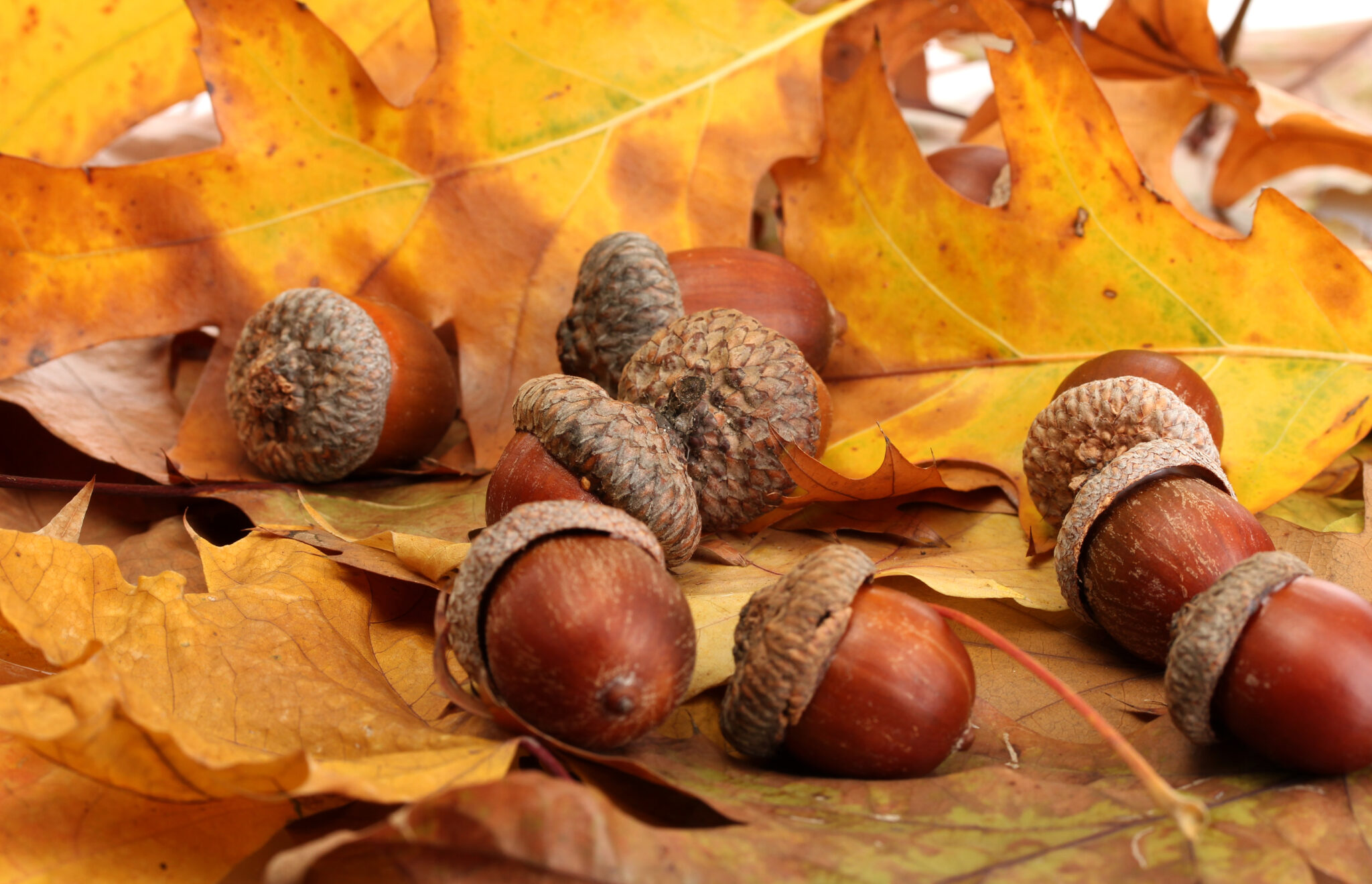
By Barry Whitworth, DVM, MPH
With the prolonged drought, most pastures in Oklahoma end up in poor condition. With the lack of available forage, animals may go in search of alternative foods.
If oak trees are in the pastures, acorns may be a favorite meal for some livestock in the fall. This may result in oak poisoning.
Oak leaves, twigs, buds, and acorns may be toxic to some animals when consumed.
To read more, pick up a copy of the November edition of North Texas Farm & Ranch magazine, available digitally and in print. To subscribe by mail, call 940-872-5922.
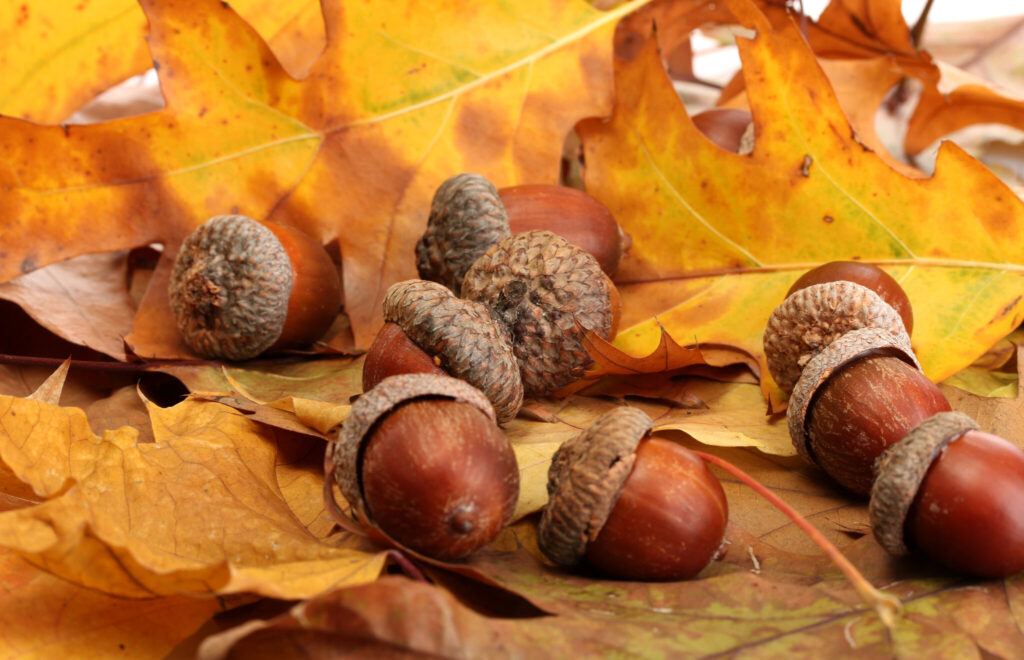
-

 Country Lifestyles2 years ago
Country Lifestyles2 years agoScott & Stacey Schumacher: A Growth Mindset
-

 Country Lifestyles8 years ago
Country Lifestyles8 years agoStyle Your Profile – What your style cowboy hat says about you and new trends in 2017
-

 HOME8 years ago
HOME8 years agoGrazing North Texas – Wilman Lovegrass
-

 Outdoor10 years ago
Outdoor10 years agoButtercup or Primrose?
-

 Country Lifestyles5 years ago
Country Lifestyles5 years agoAmber Crawford, Breakaway Roper
-

 Country Lifestyles9 years ago
Country Lifestyles9 years agoJune 2016 Profile – The man behind the mic: Bob Tallman
-

 Equine1 year ago
Equine1 year agoThe Will to Win
-

 Country Lifestyles8 years ago
Country Lifestyles8 years agoDecember 2016 Profile, Rusty Riddle – The Riddle Way




